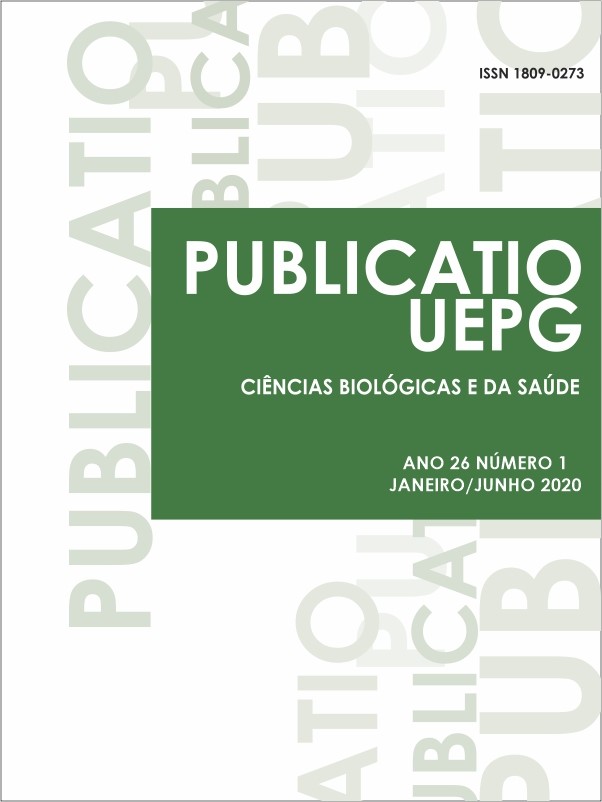EFEITOS SISTÊMICOS DO VINAGRE DE MAÇÃ EM RATOS SUBMETIDOS À DIETA HIPERCALÓRICA VINAGRE DE MAÇÃ EM RATOS OBESOS
Resumen
A obesidade é um problema de saúde pública ao observar as projeções de incidência dessa doença nos próximos anos é possível verificar que os números são alarmantes. Diante do exposto, pode-se inferir que essa é uma enfermidade em que a condição pode estar associada ao desenvolvimento de síndrome metabólica, caracterizada pelo acúmulo excessivo de gordura em tecido adiposo. Em vista disso, se busca tratamentos para obesidade, nesse sentido, tem sido difundida a prática de ingestão diária de vinagre de maçã com intuito terapêutico, devido à potencial propriedade antihiperlipidêmica do ácido acético. Sendo assim, este trabalho tem como objetivo avaliar o efeito benéfico do uso de vinagre de maçã utilizando o modelo experimental de dieta hipercalórica em ratos. Para isso, foram utilizados 32 wistar machos divididos em 4 grupos: Grupo Controle (C), Grupo com administração de vinagre de maçã (V), Grupo com administração de dieta hipercalórica (D), Grupo com administração de dieta hipercalórica associada à administração de vinagre (DV). Durante o experimento, os grupos que tiveram obesidade induzida receberam dieta de cafeteria, enquanto que os demais grupos receberam ração. Após 3 meses, foi realizada a gavagem de vinagre de maçã por 8 semanas. Os animais foram sacrificados e foram retiradas amostras sanguíneas, gordura mesentérica, aorta e fígado. Após as análises não houveram diferenças significativas devido ao uso do vinagre. Portanto, o uso contínuo de vinagre de maçã em modelo animal não se mostrou efetivo para redução de peso, bem como na melhora dos parâmetros bioquímicos e histológicos.
Palavras-chave: Vinagre de maçã; dieta hipercalórica; ratos wistar; obesidade.
Descargas
Descargas
Publicado
Número
Sección
Licencia

Este obra está licenciado com uma Licença Creative Commons Atribuição 4.0 Internacional.
Esta licença permite que outros distribuam, remixem, adaptem e criem a partir do seu trabalho, mesmo para fins comerciais, desde que lhe atribuam o devido crédito pela criação original. Este posicionamento está de acordo com as recomendações de acesso aberto da Budapest Open Access Initiative (BOAI).


